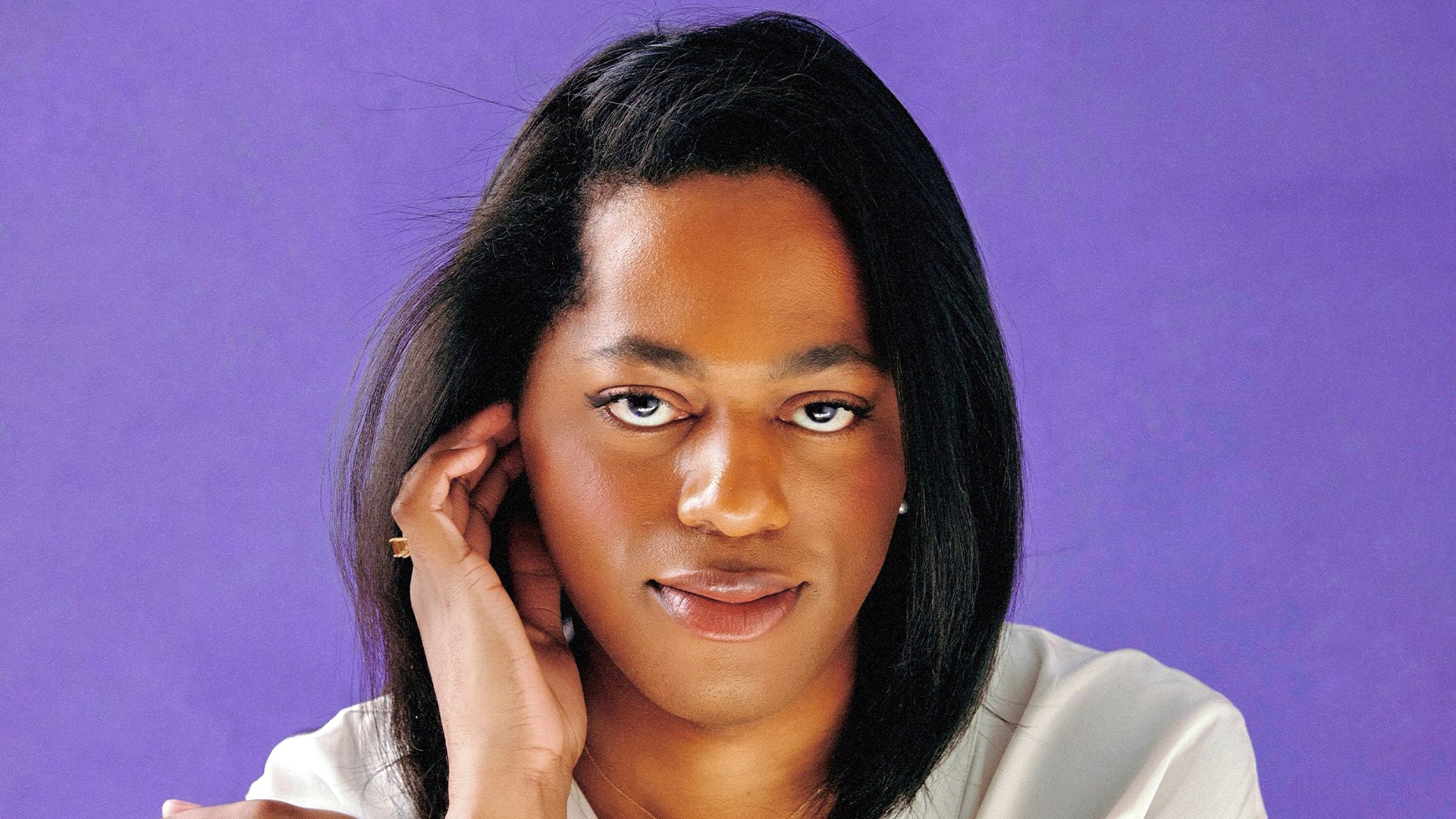With her dual roles as an investor and educator, Tiana Tukes is stretching her influence to the next generation.
Tukes is the co-founder of LGBT+ VC, a nonprofit that is designed to provide support to college students interested in venture capital by connecting them with ally and queer venture capitalists, as well as industry professionals, its website mentions. During Tukes’ two-year post at the nonprofit, she immersed herself in efforts catering to the youth, including a partnership with the New York City, NY, mayor’s office to establish an employment program exposing queer and trans students of color to pathways in finance, philanthropy, law, and technology.
“Students from immigrant families, first-generation families, who otherwise wouldn’t have had opportunity to see careers beyond working-class blue-collar jobs, because of our nonprofit, we were able to expose them to careers and high-paying, high-equity earning jobs,” Tukes told AFROTECH™.
Furthermore, LGBT+ VC established a three-month college fellowship program for students looking to pursue a career in the venture capital sector. Serving as a mentor, Tukes became inspired to scale her impact around the youth. Now, she has made her exit from her post at the nonprofit and is serving as a lecturer at Spelman College in Atlanta, GA.
“My mission is to always give back,” Tukes explained. “Throughout my career I focused on ways to pay it forward. So oftentimes, people were lending me a hand opening a door for me being a first in many categories. It took people who are unlike me to give me an opportunity, a shot, and a chance to sit at the table. So much of what I’ve done at every place I’ve been has been about broadening the aperture, opening more doors and seeing how I can help those who otherwise wouldn’t have a chance to be there.”
While at Spelman College, Tukes is co-teaching a course titled “Black Entrepreneurship Mindset” alongside full-time faculty member Professor Millicent Springs-Campbell MBA. The course covers topics including unit economics and how to establish a Black-owned venture capital business. In doing so, Tukes aims to boost representation in the field, given that only 4% of the overall workforce in venture capital are Black individuals, according to the National Venture Capital Association’s 2021 VC Human Capital Survey.
“Only I think over 100 or so Black women have raised over a million dollars in venture capital funding, and that’s out of the hundreds of thousands of companies that actually have received funding a year… That number is abysmal when you think about general funding,” Tukes said. “Black funding for Black founders has been down quarter over quarter since 2021. And I’m really disappointed to see that, but I’m so hopeful when I talk to my students who are mostly Black women, about their futures, they are game for starting their own businesses.”
She continued, “I remain hopeful. I remain inspired by them. And I continue to share with them that venture — because that’s been my career — I believe that venture is a means to an end, not the end itself. There are many ways to build equitable, sizable businesses, but VC can certainly be a tool to accelerate your business and accelerate your impact.”
Tukes’ tenure at Spelman College is what she describes as a “homecoming,” not solely based off the subject material, but because of her HBCU ties as a Morehouse College alumni. The Historically Black College and University (HBCU) is included in the Atlanta University Center Consortium (AUCC), a nonprofit organization operating on behalf of Clark Atlanta University, Spelman College, Morehouse College, and Morehouse School of Medicine, the AUCC website states.
Additionally, Tukes claims to be the first openly Black trans woman to teach entreprenuership at Spelman College, and she hopes students view her as a reliable source of guidance.
“I don’t have a Ph.D. I don’t have an MBA or graduate degree, but I certainly have experience,” she explained. “I think, for me, I care deeply about making sure that my students and all students are prepared, particularly HBCU students. I care deeply about LGBTQ students, making sure they are ready for the real world, and even beyond Morehouse and Spelman. I found myself even now talking to students at Clark Atlanta and advising students there. So I want to make sure that all the students that you see know that I’m a resource for them, particularly those who are LGBTQ, because I know how challenging it can be at an HBCU to be LGBTQ.”


